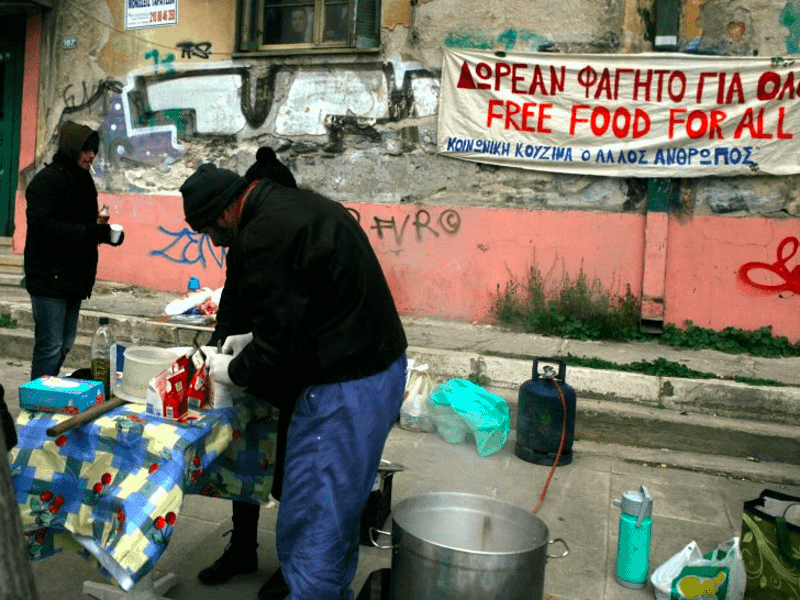
The latest data published by the European statistical agency Eurostat suggest an alarming trend with more than a third of Greece’s population at risk of poverty and social exclusion in 2016.
The countries hardest hit were Bulgaria (40.4%), Romania (38.8%) and Greece (35.6%), according to Eurostat.
Bulgaria, Romania and Greece experienced twice the national EU average which is at 17.2% of the EU population in 2016, meaning that their disposable income was below their national at-risk-of-poverty threshold.
The alarming increase in the rate of at-risk-of-poverty or social exclusion has grown from 2008 in ten member States, with the highest increases being recorded in Greece (from 28.1% in 2008 to 35.6% in 2016, or +7.5 percentage points).
Persons at-risk-of-poverty are those living in a household with a disposable income below the risk-of-poverty threshold, which is set at 60% of the national median disposable income (after social transfers).
In the EU in 2016, 7.5% of the population were severely materially deprived, meaning that they had living conditions constrained by a lack of resources such as not being able to afford to pay their bills, keep their home adequately warm, or take a one week holiday away from home. This proportion of persons severely materially deprived in the EU has decreased compared with both 2015 (8.1%) and 2008 (8.5%).

